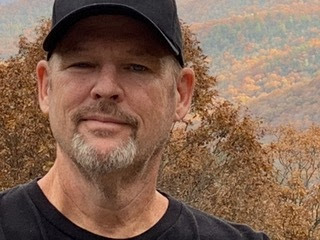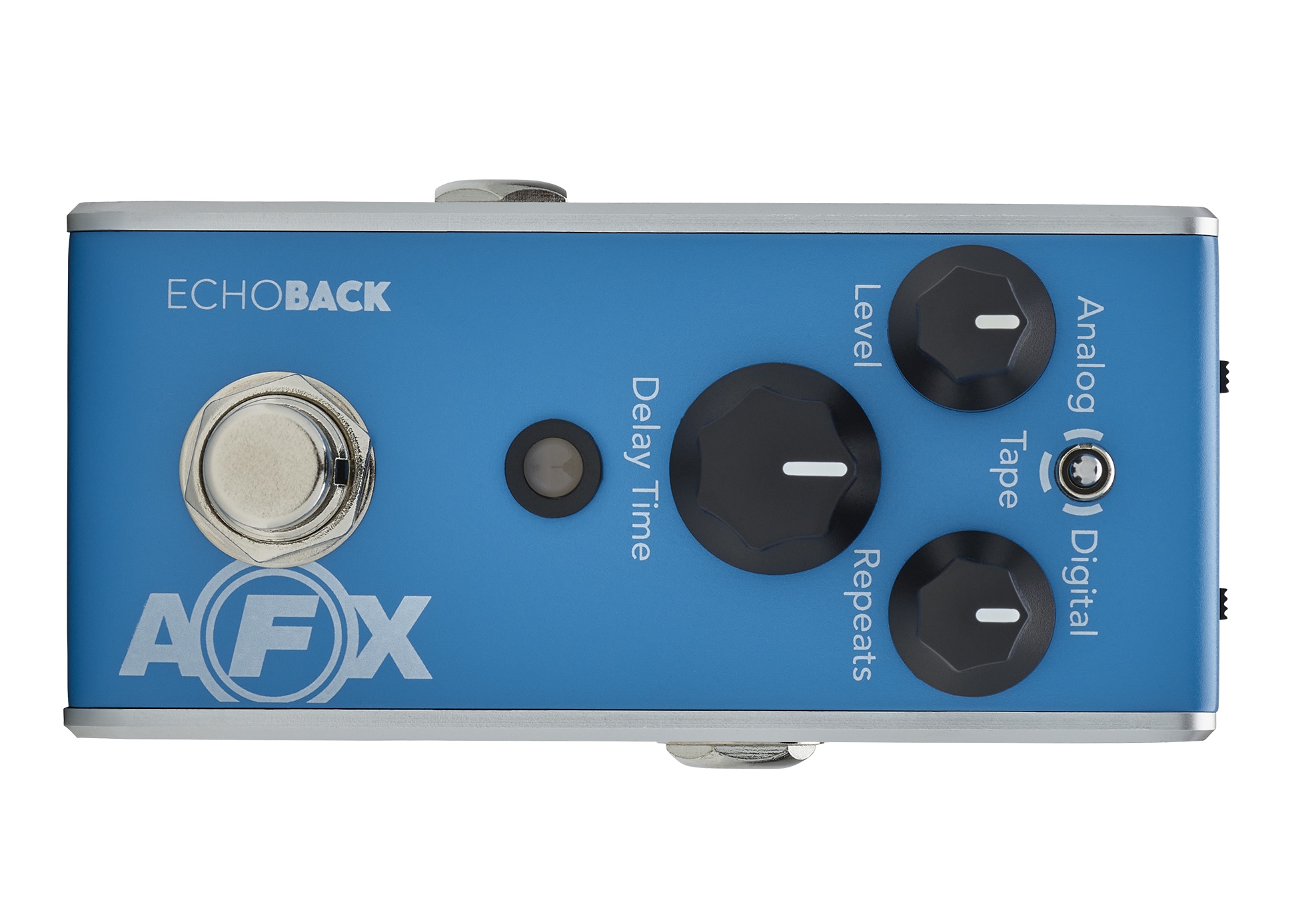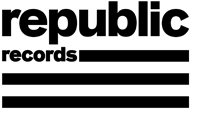Silent Majority Group, founded by former Creed and Paramore manager Jeff Hanson, is widely known to have created the first 360° deal for an American artist between Warner Music Group / Atlantic and Hanson’s then management client Hayley Williams p.k.a. Paramore in 2006. This was done as a solution between then WMG CEO Lyor Cohen and Hanson, in response to a need to cover higher than expected label expenses for such a young artist.
Hanson along with noted Nashville based contract attorneys, Jim Zumwalt and the late Orville Almon responded to these special needs by proposing a way to satisfy both party’s needs, and the first label participation deal was born. The label would prioritize an artist in exchange for the label receiving a percentage of the artist’s touring, merchandise, and publishing. This arrangement is now considered the standard in the industry.
Fast forward nearly 20 years later, Hanson has again seemingly solved another industry and artist quandary. In the current music business, artists suffer from drastically reduced royalties due to the absence of CD’s. The artists now live on streaming payments from Spotify, Apple Music and Tidal, which is a drop in the bucket compared to what they were able to make in the past. It is also widely known that the labels themselves now sign far fewer artists, for far less money, and the days of labels spending millions of dollars “developing” artists are no more.
In fact, it is now normal for artists to wait in line for years before their records are finally released and they have little to no way to survive during the down time. Silent Majority Group (SMG), the company founded by Hanson, is now run by a new group of young executives who believe that there is a new solution to the same old problem. SMG has morphed from a management company and Warner Distributed Label to a label services solution that includes a network of multi-platinum and hot new writers and producers including Candlebox ‘s founding member and primary songwriter Peter Klett and Saving Abel ‘s founder and primary songwriter Jason Null. SMG has arrangements for discounted rates at multiple world class recording studios, including their primary facility, The Fish Tank Recordings in St Augustine, where recordings are supervised by a staff of 5 A&R reps.
In addition to the creative services, SMG also has a staff of multiple marketing employees fresh out of college and armed with the latest music industry marketing concepts, including a publicist and play listers. SMG also has arrangements with talent executives at American Idol and America’s Got Talent providing private auditions. These services themselves are not unique and could probably be accessed by acquiring a record deal, as scarce as they may be, although in that event SMG can still function as a fully staffed record label with distribution from OneRPM distribution services.
The twist with the services concept is that the services offered by SMG are available to anyone with talent, and on an a la carte basis. Many artists these days are proficient in many of the DIY tasks needed to be a recording artist, therefore artists only need to pay for what they need, and the fees involved are far less than an artist might expect. In a recording industry that regularly spends a million dollars or more on a single, that gets charged back to the artists, SMG staff can help the artist write or acquire songs, record, distribute, play list, market, AND provide artwork including a lyric video, all done by top level professionals, for under 10k per song.
The whole concept was designed for budget conscious and blue-collar artist. Another unique aspect of what SMG does, is offer their services with no strings attached.
The fees are paid monthly, or per song, and there are no contracts or no terms.
Best of all, if the artist blows up, there are no percentages, points or back-end payments owed to SMG and SMG has NO ownership of any of the artist’s rights. Pretty ironic coming from the authors of the first US label participation agreement which started the industry standard of labels taking cuts of revenue they weren’t previously entitled to.














